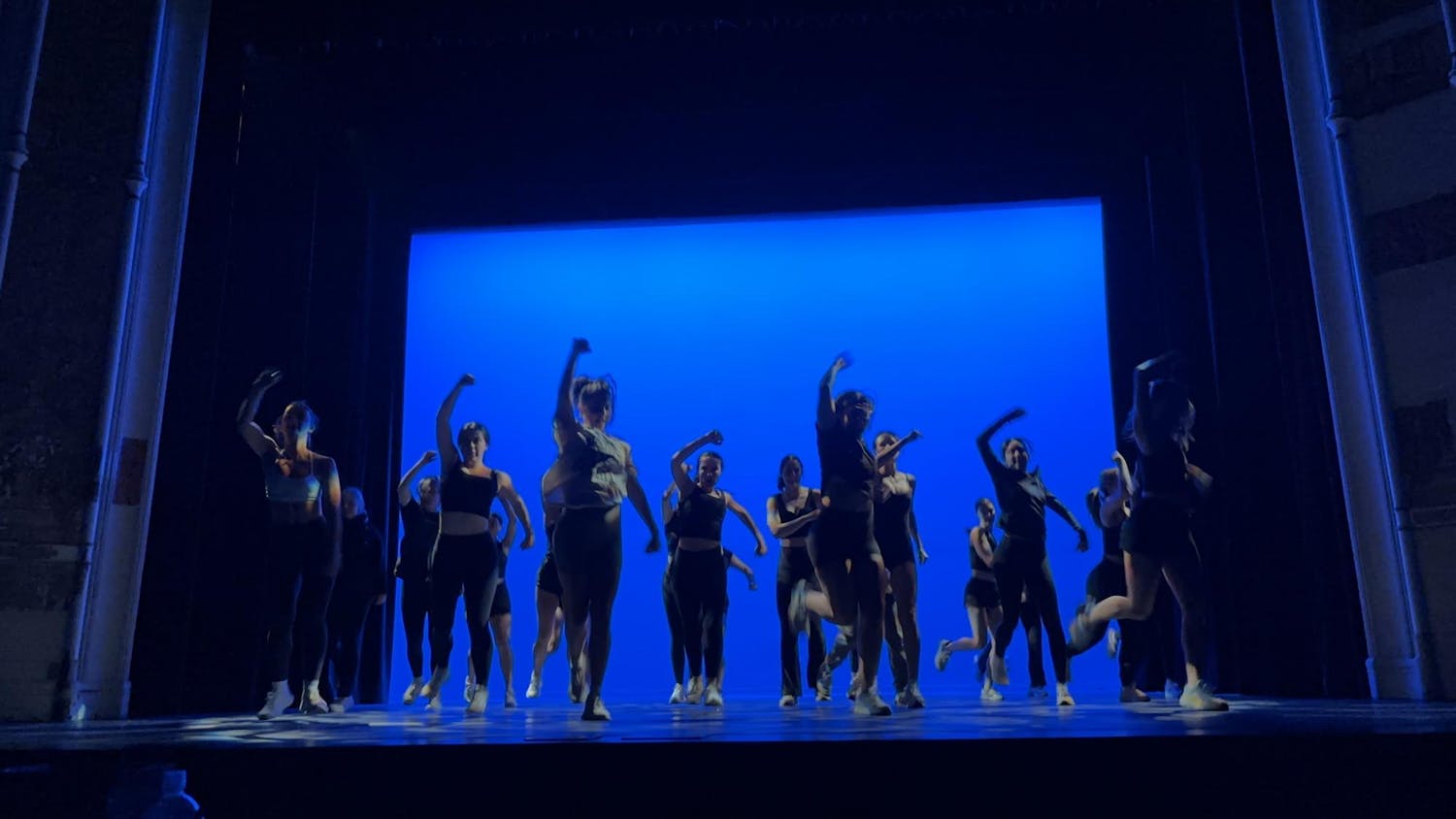When most people think of Mardi Gras, they probably imagine raucous parades down Bourbon Street filled with music, floats and the infamous Mardi Gras beads.

But junior Emily Degan said one of the misconceptions about Mardi Gras is that it is scandalous or full of misbehavior.
"It's definitely not just Bourbon Street and craziness," she said. "It can be a family atmosphere. You can pick your own Mardi Gras. It's a strong misconception that it can't be fun for all ages."
Degan said this family atmosphere and sense of community are the best things about the Mardi Gras season, which runs from the Epiphany in January through Fat Tuesday, or the Tuesday before Ash Wednesday.

"Everything is so much fun and everyone is in such a good mood," the New Orleans native said. "There is good food everywhere."
Degan said she returned to the Big Easy for a Mardi Gras ball last Wednesday.
"In New Orleans, we have debutante balls, known as Mardi Gras balls," Degan said. "A lot of the Mardi Gras organizations who put on parades have Mardi Gras balls, or just balls alone."
At Mardi Gras balls, female college juniors are presented into society at the ball as "maids in court," she said.
"The people in the ball were masked, but I was unmasked and wearing a white, large gown," she said.
Degan said she had almost forgotten what it was like to celebrate Mardi Gras, New Orleans-style. After the ball, she was able to attend some parades before she returned to campus.
"I hadn't been home for Mardi Gras since I was a freshman," she said. "I forgot about the whole season. In New Orleans, it's not just one day. There are three or four parades every weekend. It was fun being home."
Each parade is different from the next, Degan added. From throwing beads to attending multiple parades in one day, the parade culture of New Orleans is an integral part of the Mardi Gras celebration.
"Everyone on the floats is masked," she said. "There is this big culture around the parade. Floats are often satirical, making fun of local politicians or controversial topics. Different crews put on different parades, and each is known for something. One might be the political one, while one has just male or female riders."
Degan said she will not be able to celebrate Mardi Gras today in true fashion as she normally does due to an untimely exam.
"I will wear my beads and eat some New Orleans-style food at the dining hall," she said.
Sophomore Elizabeth Owers said she didn't appreciate the glitz, glam and community generated by a New Orleans Mardi Gras until she came to Notre Dame.
"It's more than just what you see on television," the New Orleans native said. "I'm lucky that I got to spend time before coming here as both a spectator and participant in Mardi Gras parades."
Owers said the Mardi Gras season offers something for everyone.
"For us — my sister and myself — we always marched in parades," she said. "You also get to spend time with your family, and it's a great showing of community."
Though she won't be returning home for Mardi Gras, her family will be making a trip to campus to spend time together.
"I'll miss being a part of [the celebration in New Orleans]," she said. "I didn't realize how much I miss being there. Notre Dame doesn't really do anything to celebrate, beyond the dining halls. But my family will visit, so I'll see them."
Traditionally children get the entire week off of school, Owers said.
"You spend all day at the parades," she said. "Or sometimes you go on vacation. It's about spending time with your family."












